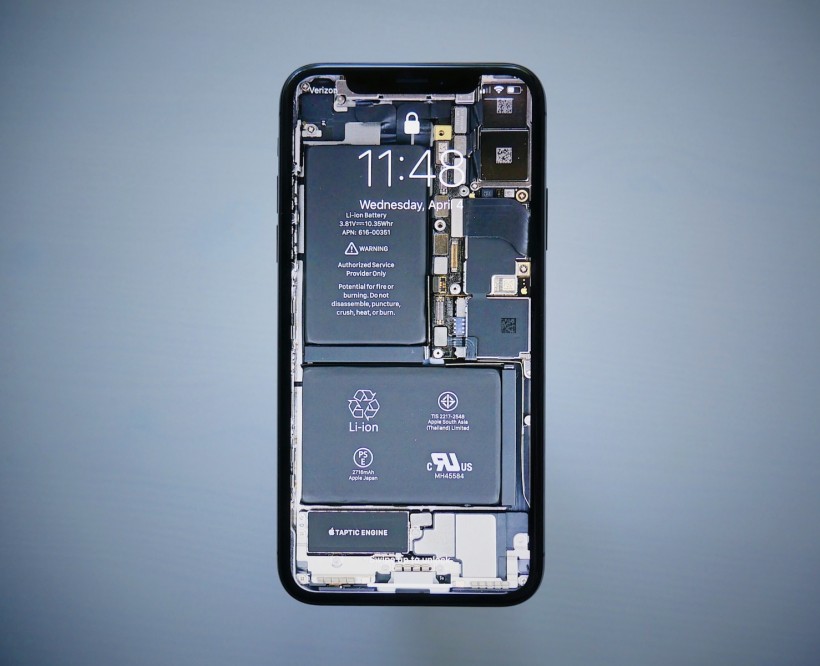A new European Union (EU) law aims to urge tech companies such as Apple and Samsung to utilize replaceable batteries on smartphones by 2027.
The council decided to stick in this new implementation not only to promote e-waste reduction which remains a challenge as of now. It will also aim to address issues related to monopolistic practices set by the tech titans.
The EU's previous regulation on USB-C ports for iPhones in 2022 demonstrates the potential for similar global effects.
EU Wants Smartphone Companies to Use Removable Batteries

The European Union will require Apple, Samsung, and other smartphone makers to equip removable batteries on their products four years from now.
With the new EU regulation, end-users will mostly benefit from it since the policy will only revolve around using replaceable and removable batteries. In doing so, the batteries should be easily removed so users will no longer seek help from a technical expert.
According to Mashable, the EU aims to promote a "circular economy which emphasizes reusing and recycling of batteries on top of reducing the electronic waste in the region.
The European Union has given smartphone manufacturers ample time to prepare since this will be effective by 2027.
It should be noted that the regulation is not only centered on smartphone batteries. This also covers batteries used in EVs and other electric-dependent vehicles.
EU Mandates Manufacturers to Label Batteries
In addition to the requirement for replaceable batteries, the regulation includes specific requirements for smartphone manufacturers. Additionally, they must collect 50 percent of lithium from waste batteries, with a target of 80 percent by 2031.
These targets aim to promote sustainable practices and minimize the environmental impact of battery disposal.
Furthermore, manufacturers will be obligated to label batteries with information about internal components, the amount of recycled material used, and a QR code for easy identification and tracking. These measures enhance transparency and facilitate the recycling process.
Related Article: EU Mandates Removable Batteries in Cell Phones
Battery Regulation Could Likely Go Global
Although the regulation applies directly to the EU, its influence will extend beyond its borders. It is impractical for smartphone manufacturers to produce separate models for Europe and the rest of the world, meaning the regulation is likely to impact the global market.
The move toward standardized replaceable batteries aligns with growing consumer demand for sustainability and supports the right-to-repair movement's push for accessible repairs.
Consequently, the design and functionality of smartphones worldwide will likely undergo changes to comply with the regulation, fostering a more environmentally conscious approach to technology consumption.
Aside from the battery replacement regulation, the EU has previously announced that the USB-C legislation will be effective by December 2024. This means that future iPhones and other devices should comply with using USB-C charging ports instead of the usual Lightning cable.










